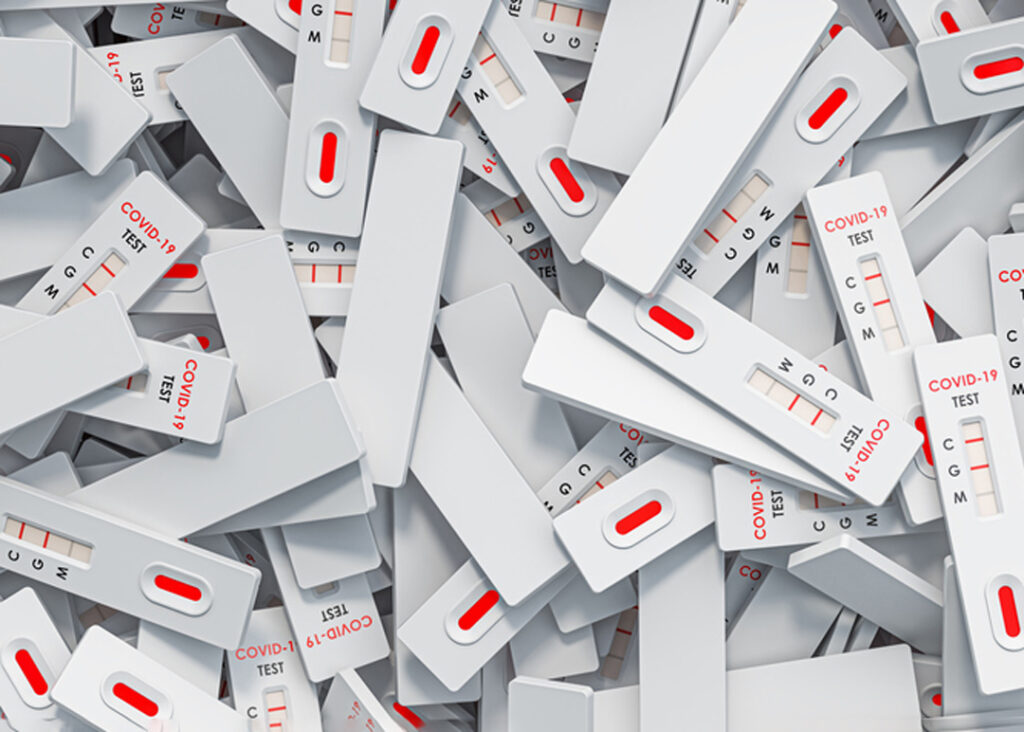In early February, Intermountain Healthcare announced it had reached a unique COVID-related medical milestone: the health system just surpassed more than 1 million COVID-19 test results processed – a milestone reached nearly a year after the virus was identified in the United States.
“This milestone highlights the important role laboratories have played in combating COVID-19 and keeping the public safe,” said Karen Brownell, assistant vice president of laboratory services at Intermountain Healthcare.
“I’m so proud of what our caregivers have accomplished,” said Brownell. “From our curbside caregivers who collected samples in triple digit heat and the freezing cold, to our lab caregivers and scientists across the Intermountain Healthcare system who process samples 24 hours a day, we’ve met the challenge head on to serve the community.”
COVID-19 tests are processed at Intermountain’s Central Laboratory on the campus of Intermountain Medical Center in Murray and at Intermountain hospital laboratories throughout the state.

Intermountain Laboratory Services completed the one-millionth COVID test result on Jan. 28.
Currently, the Intermountain Central Lab can perform more than 7,000 tests per day, and more than 90 percent have results within 24 hours. It was a different story back on March 13, 2020, when the lab began processing the first COVID-19 tests that arrived to be completed.
On that first day, the laboratory team performed 14 tests. By mid-week, they were up to 204 tests a day. Initially, a lack of available testing supplies and equipment made it difficult to expand the lab’s capacity. Every time different supplies or new tests were introduced, laboratory clinicians had to develop new rigorous processes to ensure accuracy before it could be used.
Bert Lopansri, MD, associate medical director for infectious diseases and medical director for microbiology for Intermountain Healthcare, says that in his many years of medicine he’s never seen such a stress on supply chains across the globe as the COVID-19 pandemic created in 2020.
“The demand for supplies worldwide was unprecedented and it hindered our ability to ramp up testing,” said Dr. Lopansri. “Thanks to our partnerships with the state lab and ARUP Laboratories we worked together to share supplies and ensure we could process samples to meet the needs of the community.”
Read more here.
